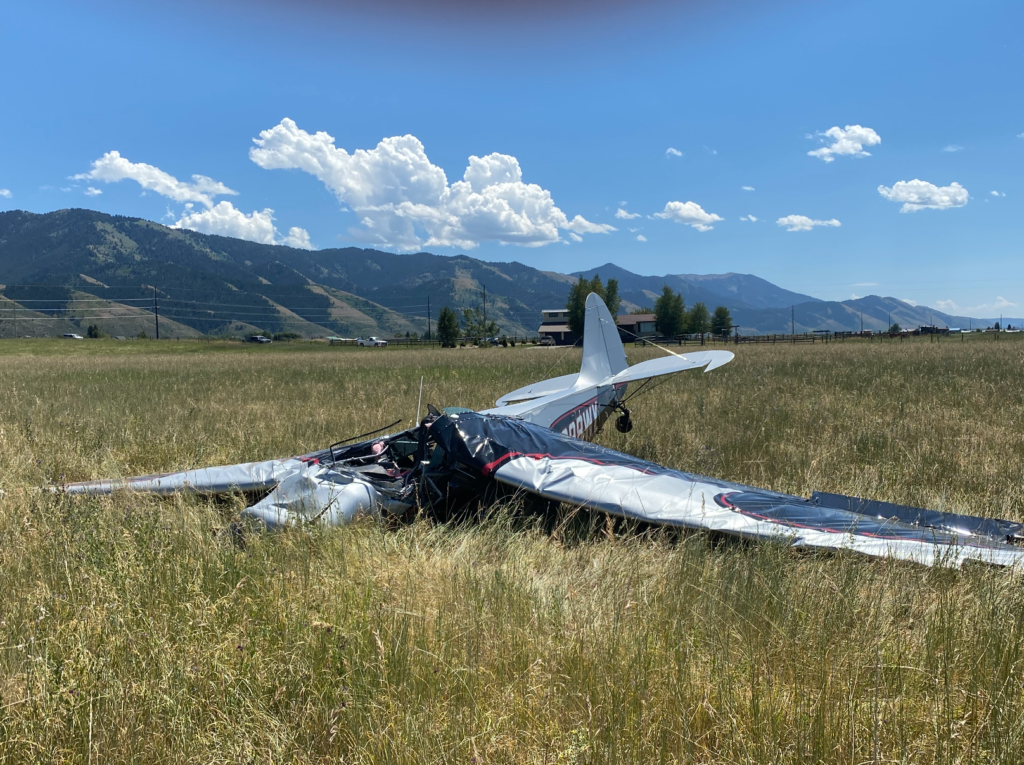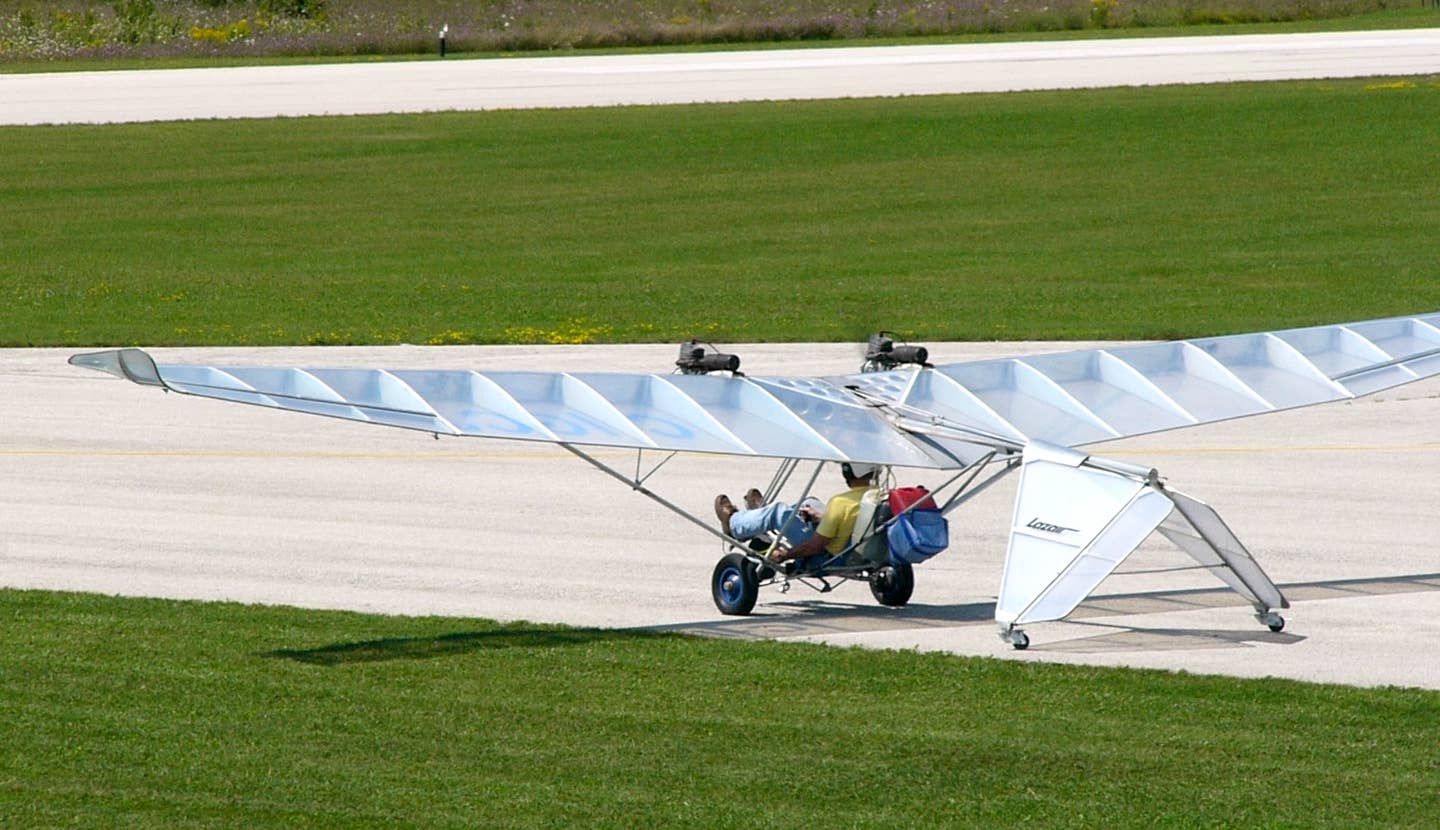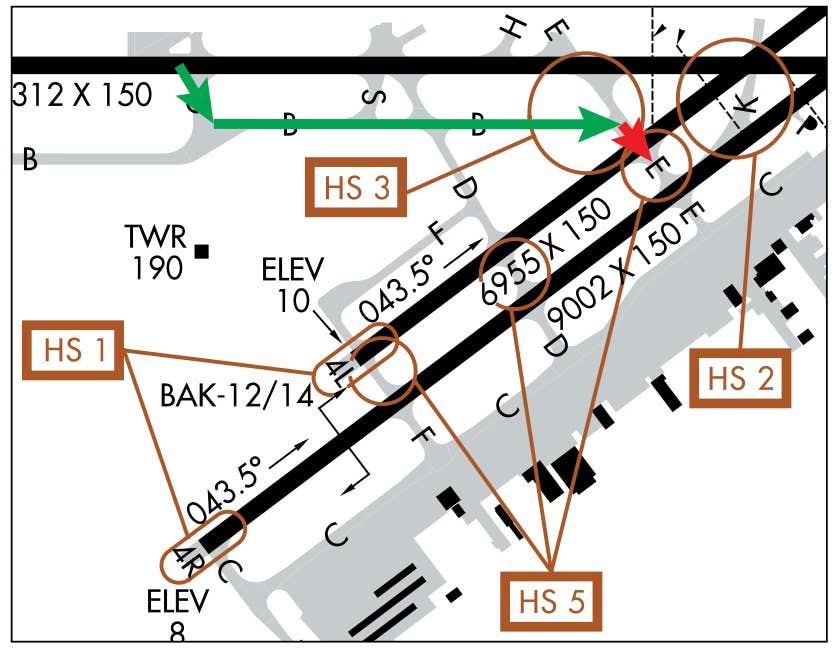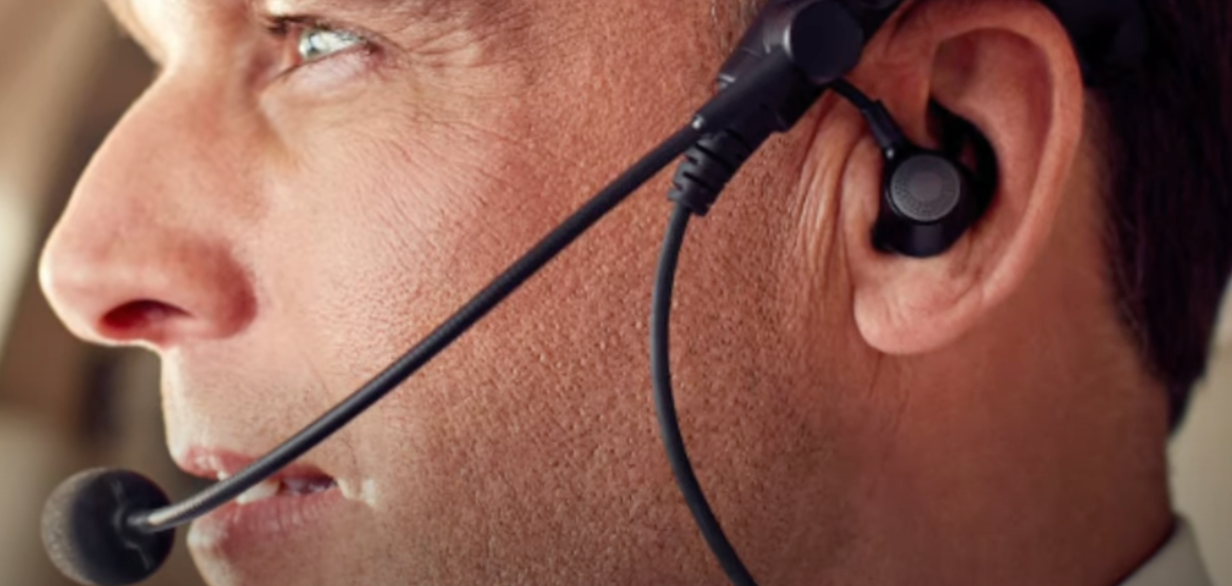Top Letters And Comments, August 25, 2023
This week’s letters brought comments from readers about what keeps people out of aviation, airframe cracking, and eVTOL certification.

Image: SVI
Yeah, Fear Of Crashes Keeps More People Out Of Aviation Than We Admit
It is an interesting conundrum that people get all upset when one of those “dangerous” little airplanes crashes, but simply shrug when there were two or three fatal car accidents on the same day. Safety is a perceptual thing. Flying has always been presented at being for those daredevil types while driving evolved into an everyman’s activity.
Even while driving exploded into the traffic jams of today’s crowded highways, cars have evolved into comfortable, quiet and luxurious machines that are approaching self-driving capability. So, while the roads are crowded, the activity of driving remains fairly simple and affordable. Lane-keeping, automatic braking, stability assistance and speed-matching cruise control combine with air bags, seat belts and reinforced passenger compartments to make cars and SUVs as safe as they have ever been. The rules of driving remain fairly simple.
Meanwhile, flying has evolved into a complex web of airspace, all of which has different rules and restrictions. ATC, especially around major cities is disdainful, if not openly hostile toward small plane drivers. Most of us are still flying the same outmoded, noisy spam cans built before 1980, that have little or no safety equipment. Those fortunate few that can afford a new plane still have to have constant recurrent training and medical exams to stay proficient according to the FAA, arguably one of the world’s most inscrutable entities. When was the last time you had to take a driver’s test or get a medical exam to keep your driver’s license? Perception becomes reality. Flying is perceived as dangerous and way too complicated and expensive – nothing that your average twenty-something would consider as an attractive activity.
John Mc.
Anyone that can use a spreadsheet can easily see what’s keeping people out of general aviation. For travelers going farther than their car can conveniently take them, taking an airline is faster, safer, more reliable, and MUCH less expensive. Conversely, going via general aviation allows schedule flexibility and the ability to avoid the hassles of large metro airports. That’s it for the utility of GA.
Considering the cost, time and effort required to initially become a pilot, and the ongoing cost, time and effort to remain legal and proficient, it’s a no-brainer why GA isn’t more popular. Add to that the cost of the plane and its upkeep? The real question is why GA is as popular as it is.
Brian G.
The light GA accident rate is only one-sixth what it was in 1960, but it’s been pretty flat the last 35-40 years. At the same time, the 24/7 news cycle, wide dissemination of information via the internet, and unrelenting search for sensational news have combined to make the least violent aircraft accidents hot items for the general public. Just look at the ultrasensational and rather misleading front-page article about ATC problems in the NY Times earlier this week predicting doom and gloom for airline passengers despite the fact it’s been 14 years since anybody was killed in an airline accident.
Nevertheless, we in light GA continue to cause fatal accidents which result from being stupid. Whether it’s failing to maintain proficiency (often due to egos which refuse to partake of recurrent training) or refusing to accept when one’s mental/physical condition is no longer adequate to the task or cheapskating on maintenance, we keep doing things which attract public attention like a moth to a flame. This won’t change until we start policing ourselves, including accepting our own limitations and dropping the dime on pilots we know need to be grounded (temporarily for training or permanently for things they can’t fix).
In the words of Walt Kelly more than half a century ago, “We have met the enemy and he is us.” We have only ourselves to blame, and only a concerted effort by every single one of us can fix it.
Ronald L.
Airframe Cracking? Drill It, Patch It Right
Some good points in this article. Sheet metal repairs, although “yes” a pilot or owner might be able to make a patch, BUT myself being a sheet metal mechanic for over 40 years should be left to skilled professionals. Sheet metal is an art form and I have seen too many “repair Patches” that are at the least, terrible repairs, most times not noted in the log books. Finding a good sheet metal mechanic is becoming harder to find but we are out here and recommend for the value and safety of your aircraft, leave the repairs to someone qualified and with the proper tools and skill set. Someone not well versed in riveting and using a rivet gun can do major damage to an airframe if not careful. The majority do not have the specialized equipment or tools to properly do a repair. In our shop we have shears, breaks, slip rolls, English wheel, planishing hammers corner notchers and all the required hand tools for the job. This is one area IMO should be left to the professionals.
Ronnie S.
Poll: Should eVTOLS Be Certified Under MOSAIC?
- No, I think such a new and untried technology needs to be regulated more tightly, initially. Loosen the oversight only when the risks are fully understood.
- Are we really debating which set of government-created rules the government should (now) use to limit innovation?
- I've yet to see an EVTOL craft that wasn't intended for a commercial purpose so it would seem pointless to include them. Disregarding that, these are still in many not even experimental, but ethereal dreams. It's still way too early in their evolution to regard them as a real "thing." They'll certainly get there, but it will be a long time yet.
- No. Under 107. Really doesn’t matter if the operator of a drone is inside or outside of the drone.
- eVTOLS are dangerous contraptions with no real market. Don’t waste tax money on certifying these things beyond experimental category.
- Quadcopters destroyed the R/C hobby...I see these doing the same to aviation.
- Only for non-commercial use.
- Ultralight.
- They are vehicles.






